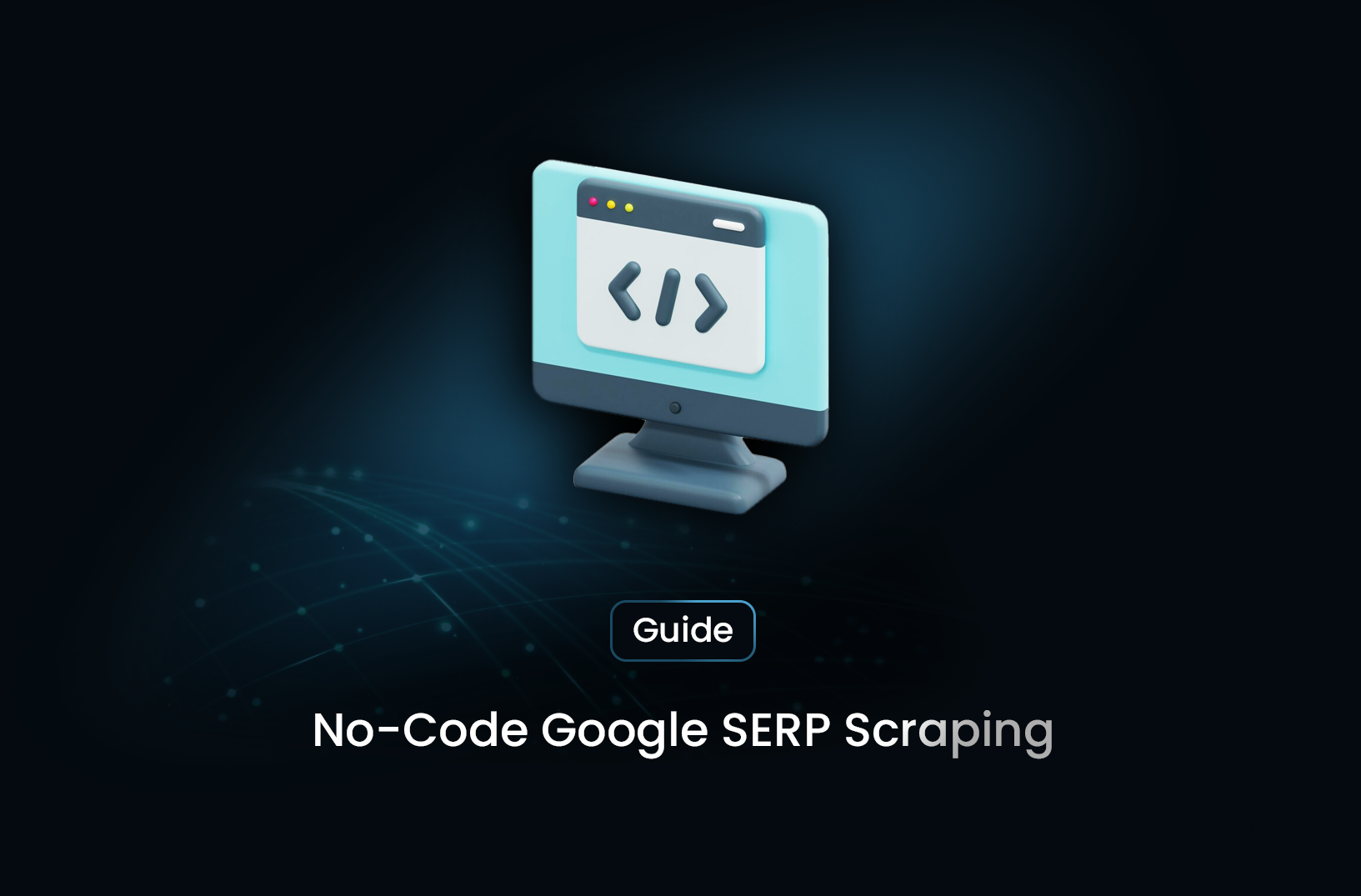
No-Code Google SERP Scraping
GuideGoogle SERPs (Search Engine Results Pages) are Google’s response to a user’s search query. SERPs tend to include organic search results, paid Google Ads results, Featured Snippets, Knowledge Graphs, and video results. SERPs play a crucial role in everything from SEO strategies to competitor research.
In the fast-paced world of online business, staying ahead often means knowing what’s happening on Google Search Results Pages (SERPs). Whether you’re a marketer, a business owner, or someone looking to track trends, scraping Google SERPs can give you an edge. But here’s the catch—many people think it requires programming skills and complicated setups.
That’s where MrScraper comes in. This tool makes Google scraping so easy, that you don’t need to write a single line of code. Let’s break down everything you need to know about web scraping or scraping Google, including the benefits and how to do it without the hassle.
Table of contents
- What Are Google SERPs?
- Does Scraping Google Search Results Require Programming?
- Benefits of Scraping Google Search Results
- How to Scrape Google Search Results Using MrScraper
- Conclusion
What Are Google SERPs?
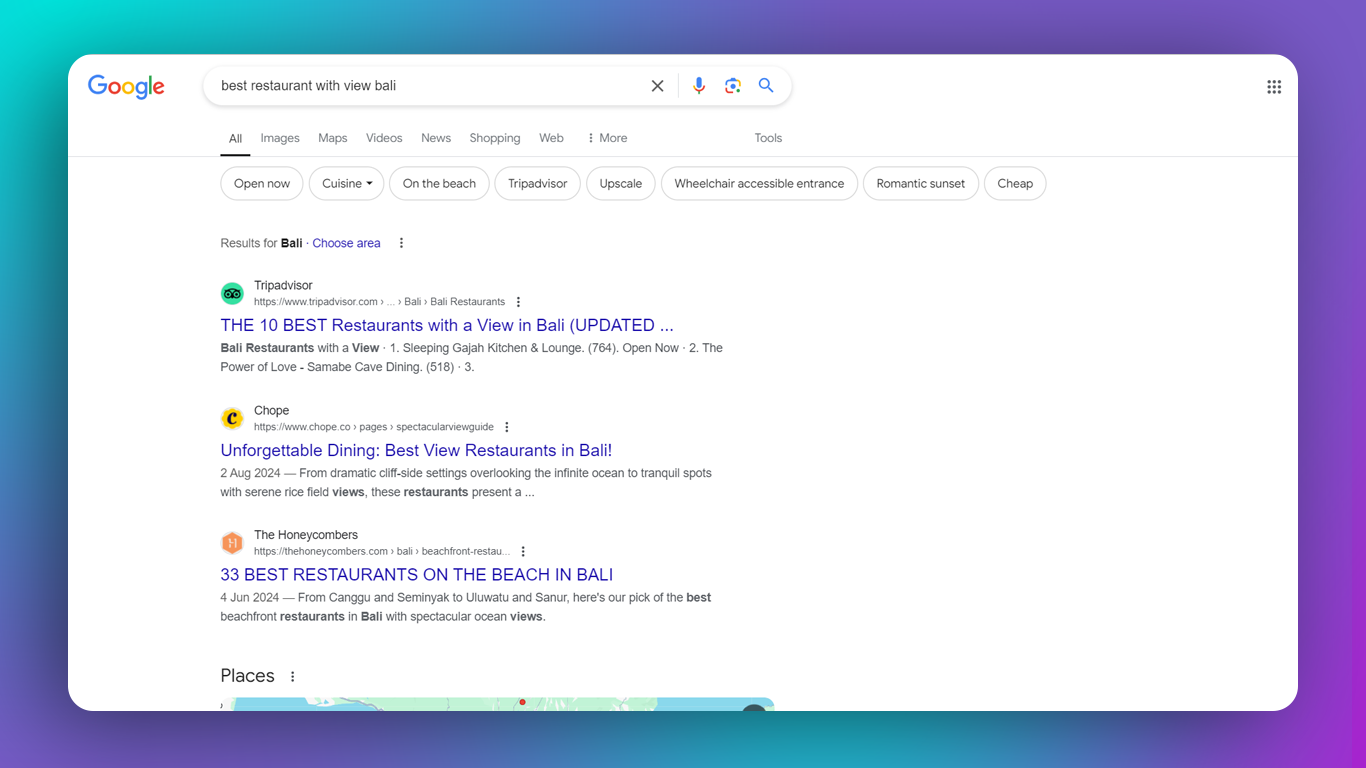
Based on Backlinko, Google SERPs (Search Engine Results Pages) are Google’s response to a user’s search query. SERPs tend to include organic search results, paid Google Ads results, Featured Snippets, Knowledge Graphs, and video results. SERPs play a crucial role in everything from SEO strategies to competitor research.
Each element on the page—organic results, paid ads, and featured snippets—offers a wealth of information for businesses and individuals. However gathering this data manually can be time-consuming, which is why scraping SERPs is such a useful method to automate the process.
Does Scraping Google Search Results Require Programming?
Many people believe that scraping Google Search Results requires programming skills, and traditionally, they wouldn’t be wrong. Typically, scraping involves using languages like Python, and frameworks like BeautifulSoup or Scrapy, and understanding how to handle HTTP requests, proxies, and CAPTCHA challenges. These technical requirements can be intimidating for someone without a coding background.
However, MrScraper simplifies this entire process by automating it. With MrScraper, you don’t need to worry about writing code or managing complex infrastructures. The tool handles everything in the background, including rotating proxies, managing headers, and bypassing CAPTCHAs. It streamlines the process so that you can focus on gathering data, not on the technicalities behind it.
Benefits of Scraping Google Search Results
Scraping Google SERPs comes with a wide range of benefits, especially for marketers, businesses, and SEO experts. Here are some of the biggest advantages:
- Competitor Analysis: Keep an eye on your competitors’ rankings, content strategies, and advertising.
- Keyword Tracking: Monitor how your website or products rank for specific keywords over time.
- Market Research: Stay on top of industry trends by analyzing popular searches, featured snippets, and trending topics.
- SEO Insights: Identify which types of content are ranking well and understand how you can improve your SEO strategy.
- Ad Monitoring: Scrape paid ads to see what your competitors are promoting and optimize your own ad campaigns.
Scraping helps turn data from Google’s SERPs into actionable insights, which you can use to refine your strategy.
How to Scrape Google Search Results Using MrScraper
Here’s the best part—scraping Google Search Results with MrScraper is incredibly simple and doesn’t require any technical know-how. Just follow these easy steps:
- Sign up for MrScraper and log into your account.
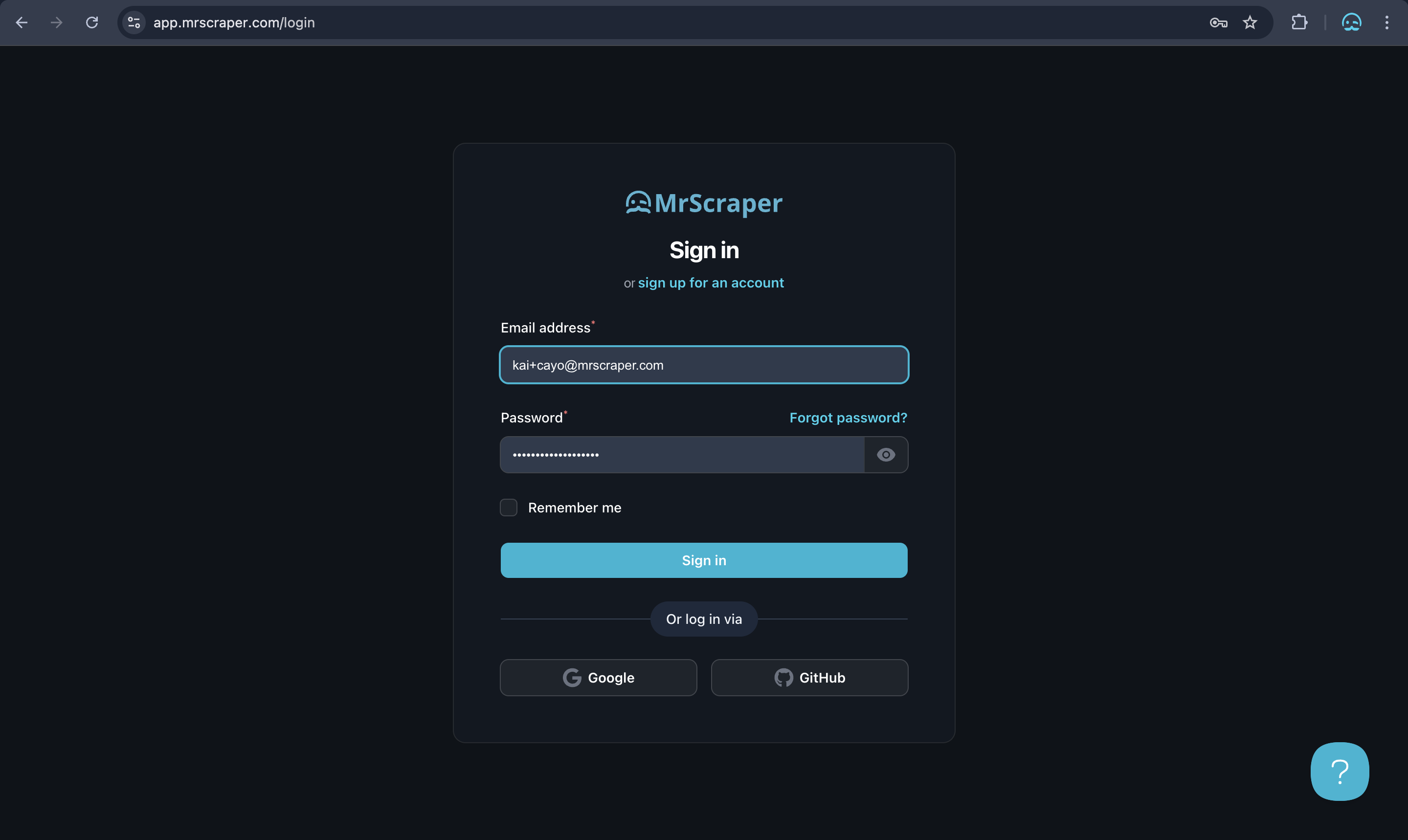 When you are on the home page, click "New Task" in the lead generator section as shown in the image.
When you are on the home page, click "New Task" in the lead generator section as shown in the image.
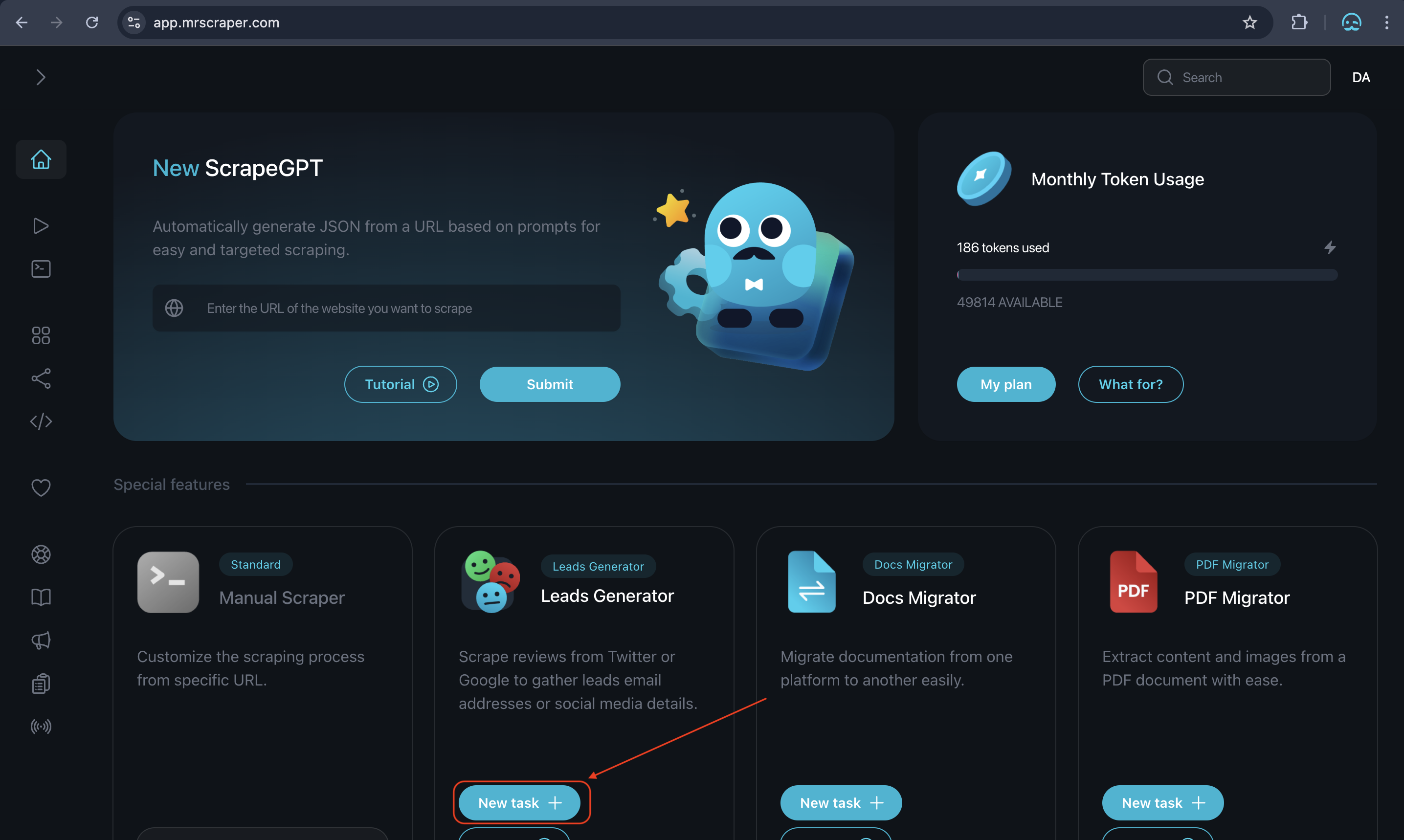
- Create a scraper: Fill in the "name" field with the name of what you want to scrape, the "tags" field, select the scraper type as "leads generator," then choose Google.
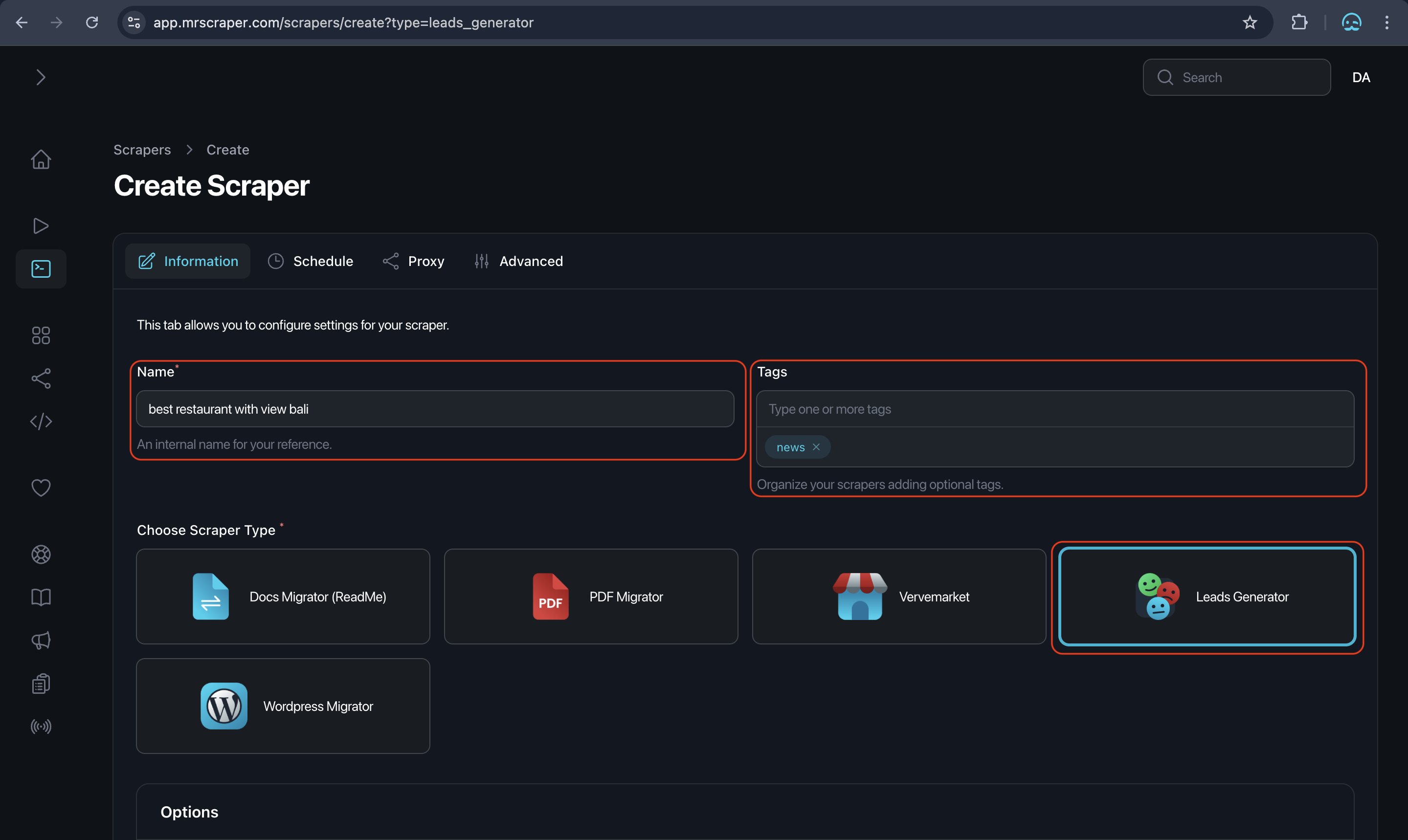 There are two ways to proceed: either paste the URL from the Google SERP you want to scrape or enter the keyword you're searching for on Google.
There are two ways to proceed: either paste the URL from the Google SERP you want to scrape or enter the keyword you're searching for on Google.
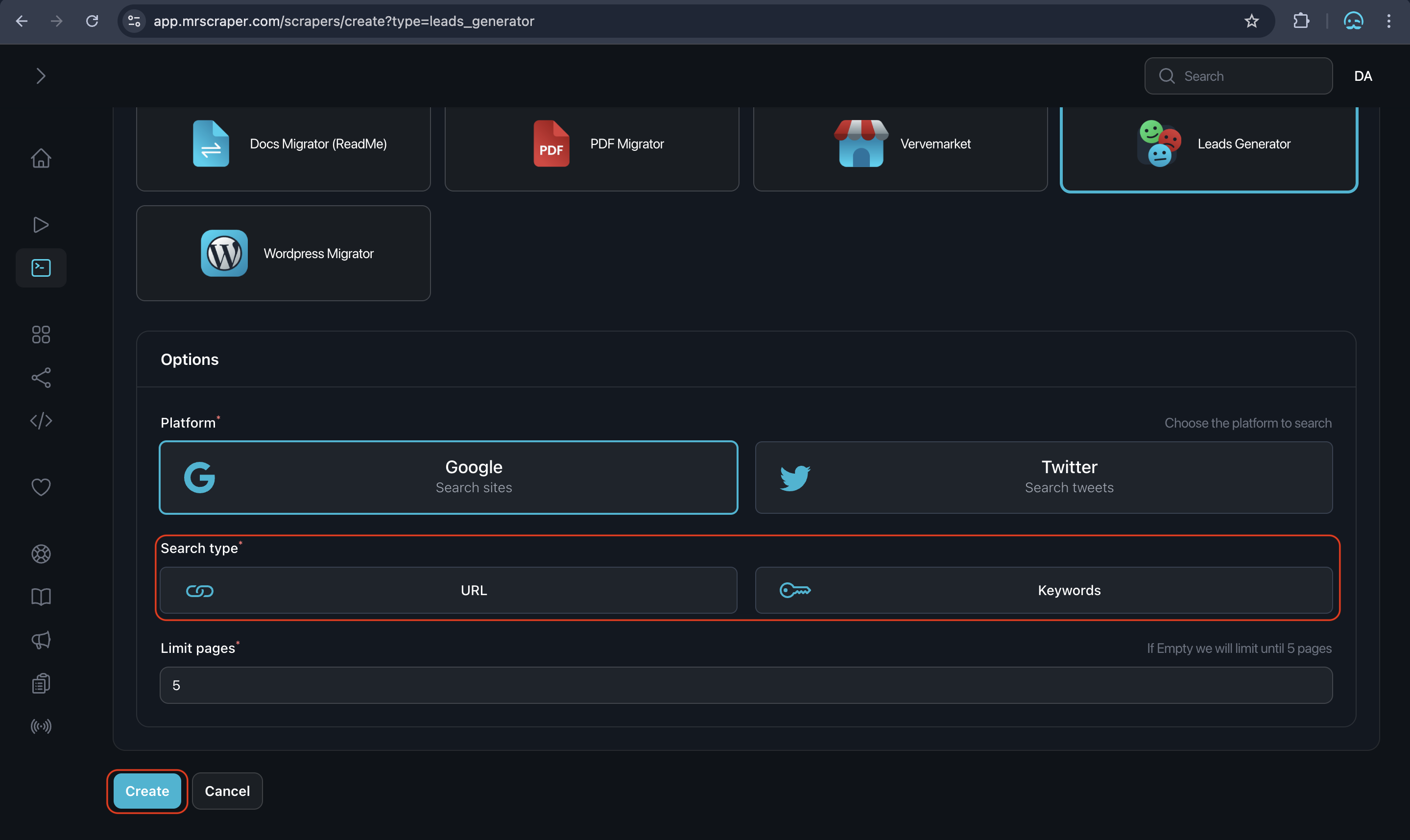 3. Run the scraper: Hit the button and let MrScraper gather the data for you.
3. Run the scraper: Hit the button and let MrScraper gather the data for you.
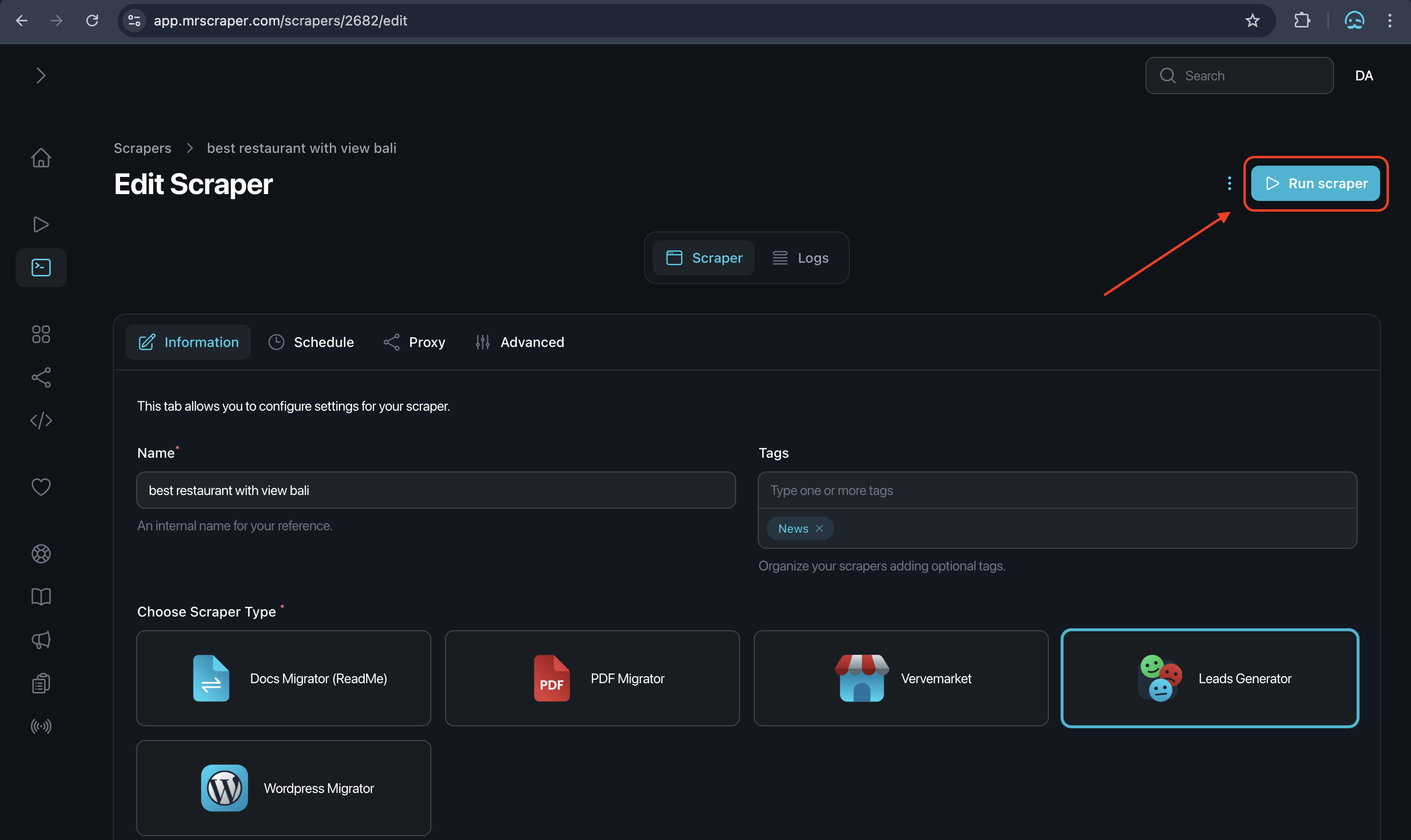 4. Review and Export the results: The tool will provide you with the search results data, including organic listings, paid ads, and more in a clean, easy-to-read format.
4. Review and Export the results: The tool will provide you with the search results data, including organic listings, paid ads, and more in a clean, easy-to-read format.
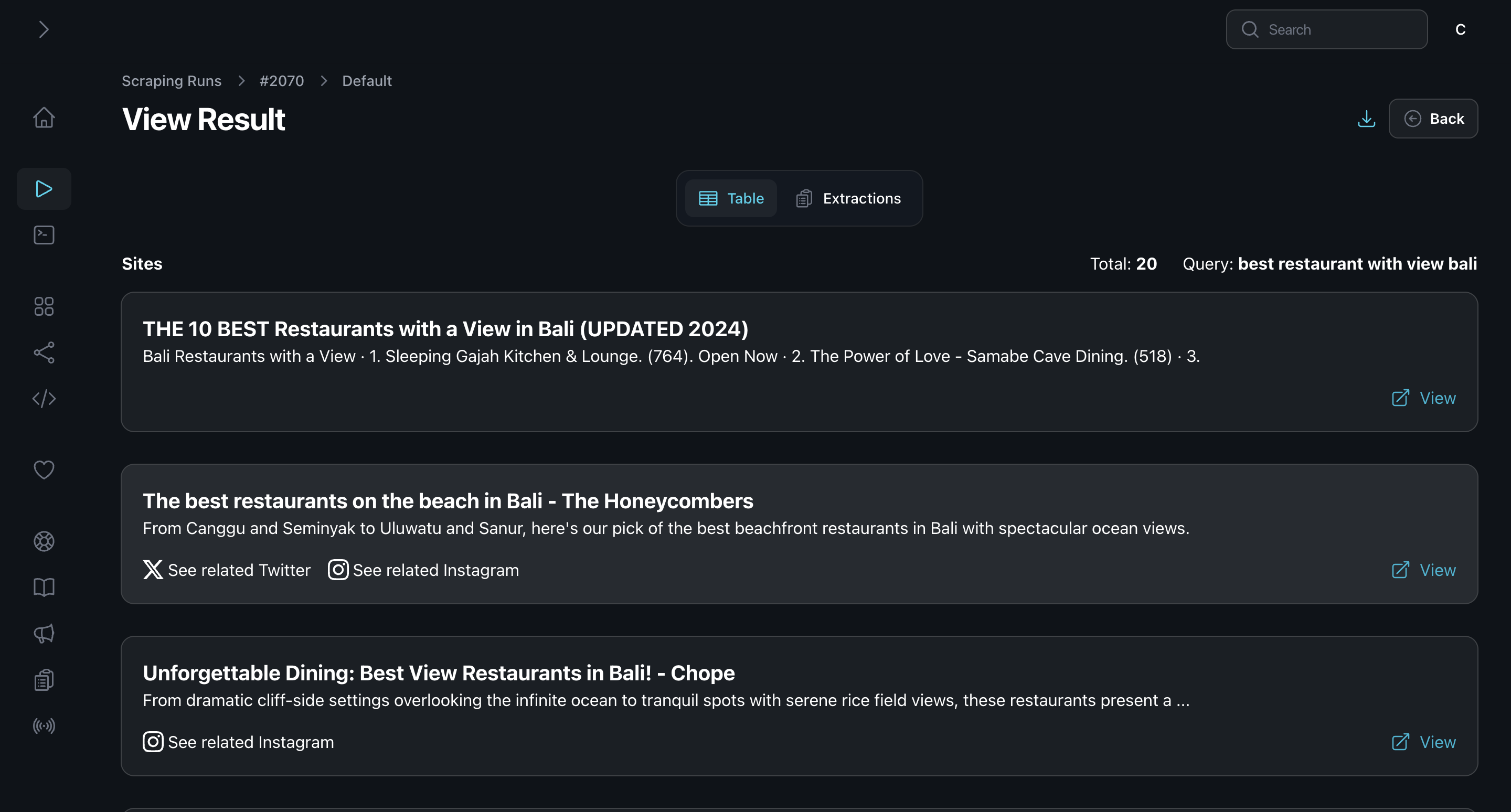 With MrScraper, you don’t need to worry about the complexities of coding or setting up a server. The tool does everything for you, allowing you to scrape data in just a few clicks.
With MrScraper, you don’t need to worry about the complexities of coding or setting up a server. The tool does everything for you, allowing you to scrape data in just a few clicks.
Conclusion
Scraping Google SERPs can give you powerful insights, but it doesn’t have to be complicated. With MrScraper, you can easily gather Google Search Results without any programming knowledge. Whether you’re tracking keywords, analyzing competitors, or monitoring ads, this tool makes the process quick and simple. If you're curious to learn more about how MrScraper makes scraping other types of websites easy—like remote job platforms—you can check out our previous guide on scraping remote job data.
Ready to get started? Try MrScraper today and start scraping Google Search Results effortlessly.
Find more insights here
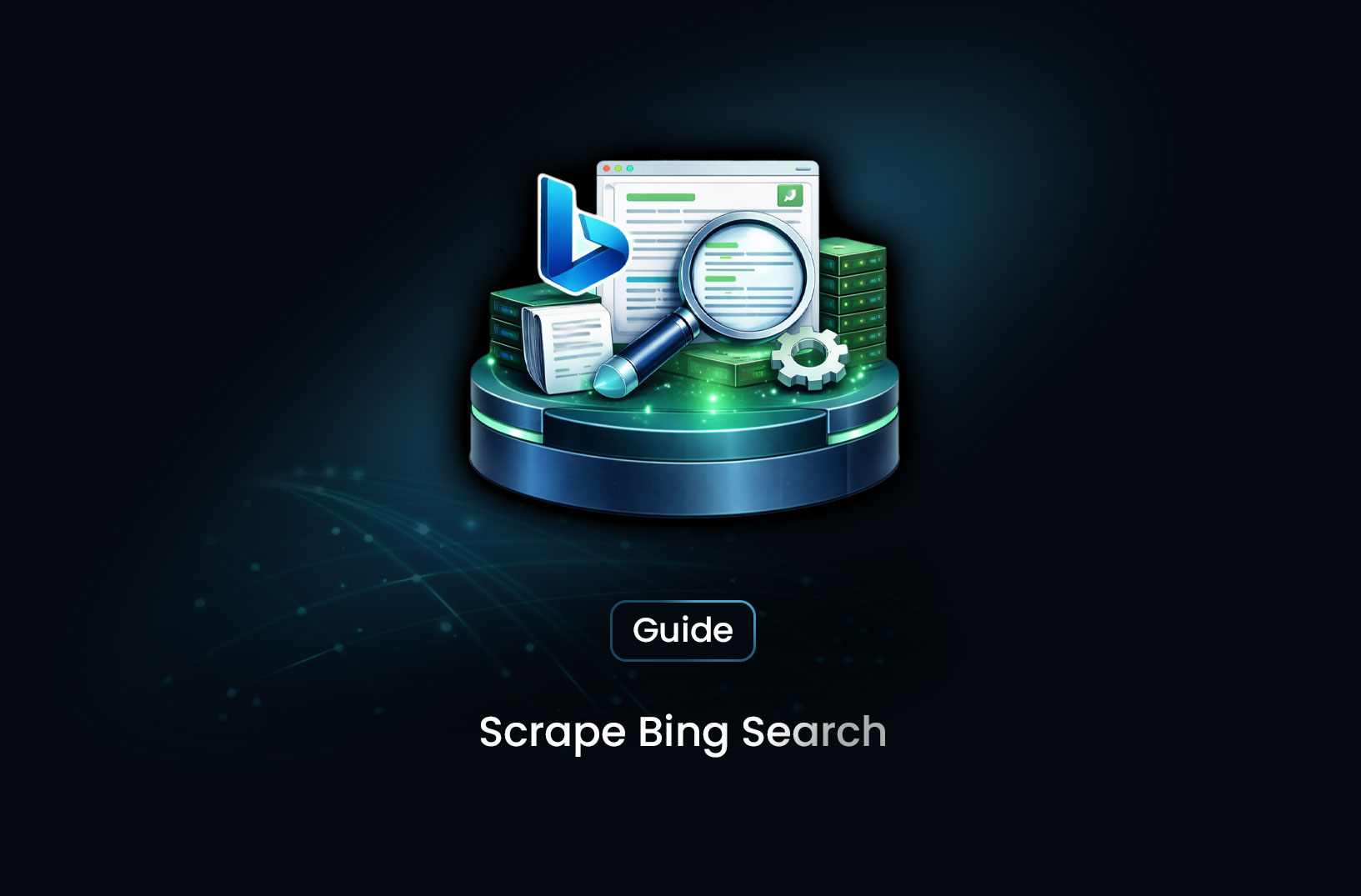
Scrape Bing Search: A Practical Technical Guide
Bing scraping blocked? Discover how to bypass rate limits and bot detection to extract URLs, titles,...
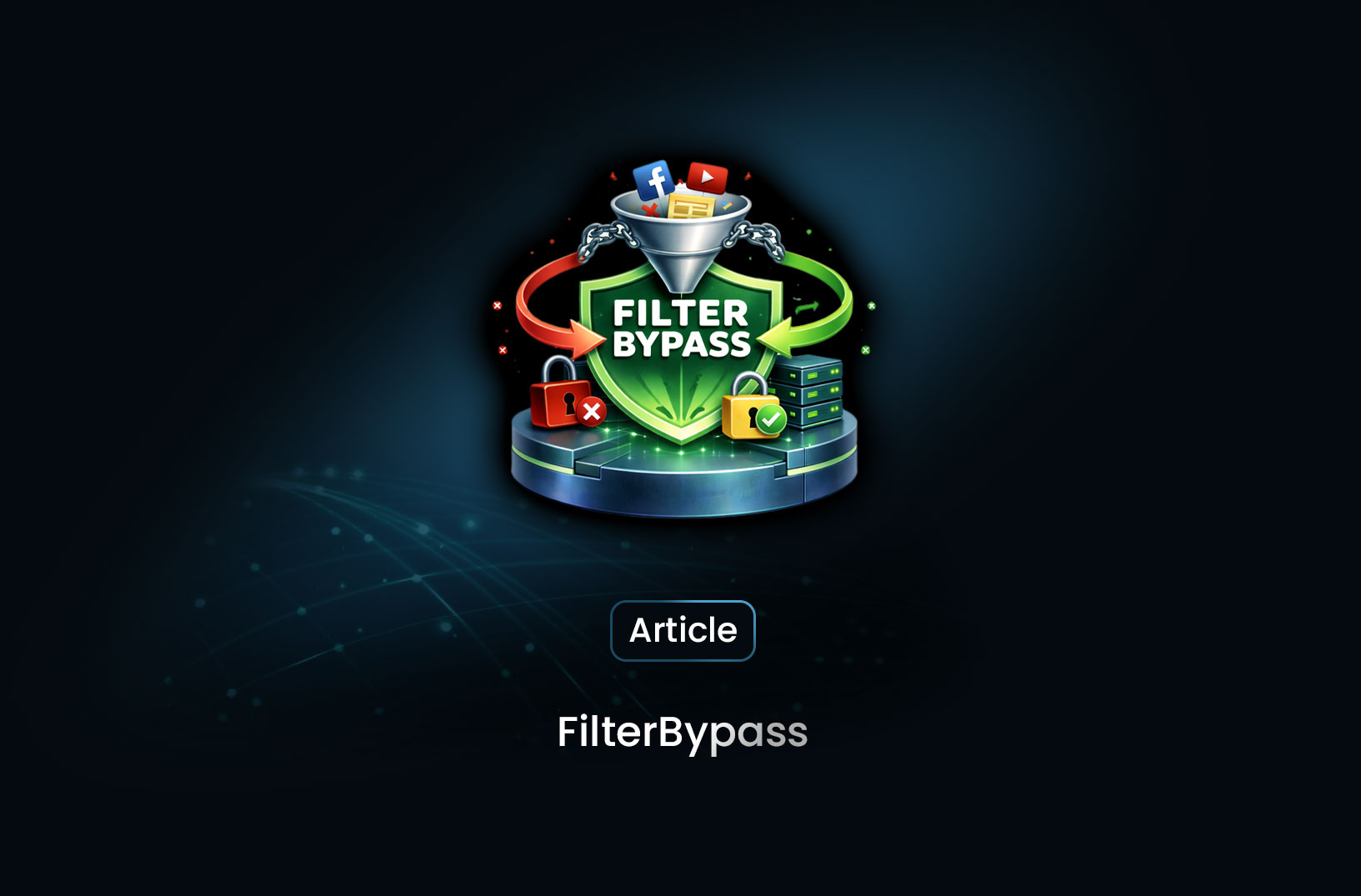
FilterBypass: Unblocking Restricted Sites in a Simple Way
FilterBypass is a free web proxy that acts as an intermediary between your browser and the target si...

YouTube.com Unblocked: Accessing YouTube When It’s Restricted
Learn how to access YouTube unblocked on school, work, or regional networks. Explore VPNs, proxies,...
